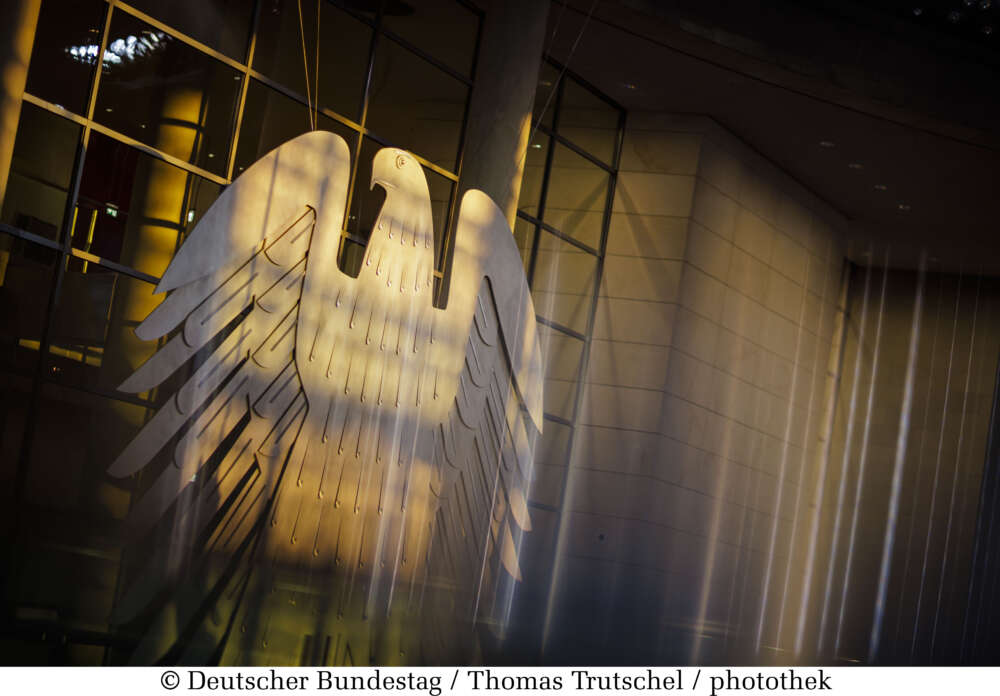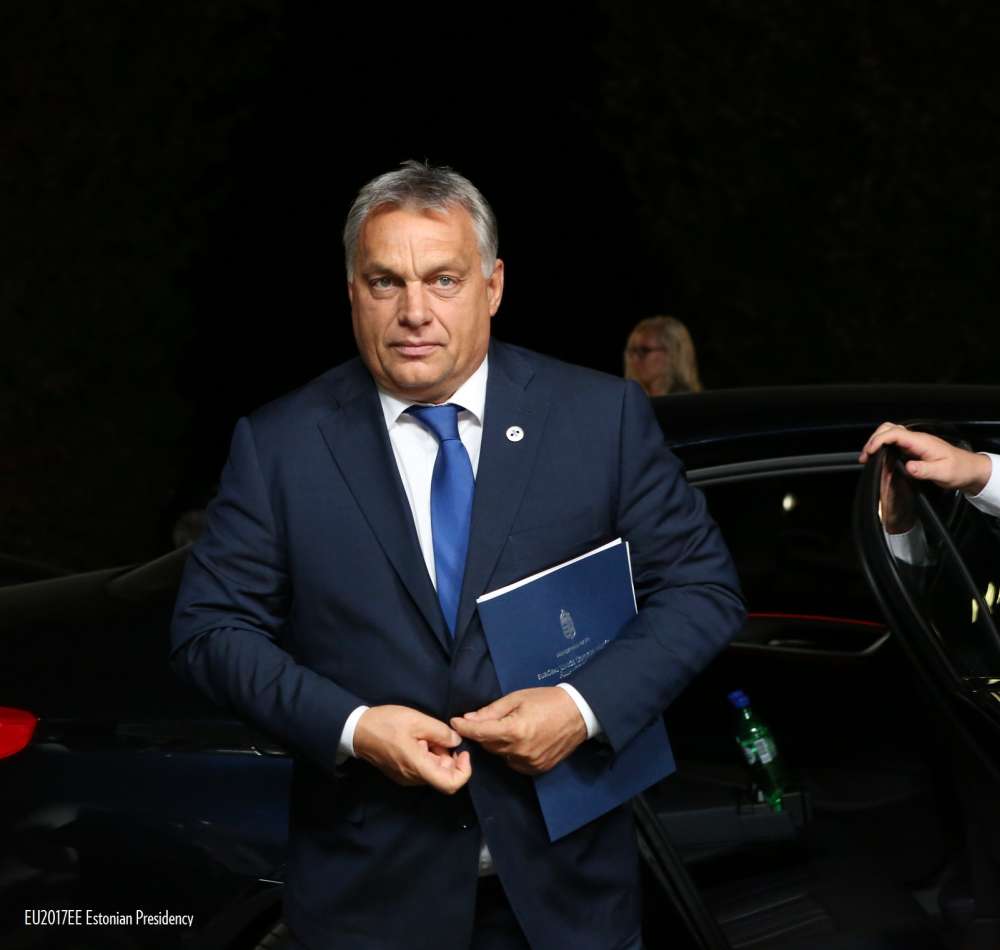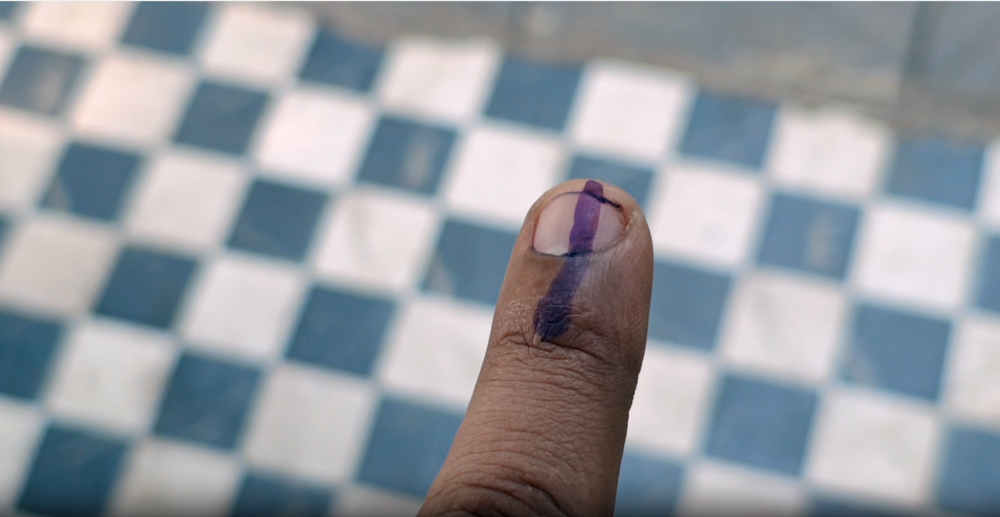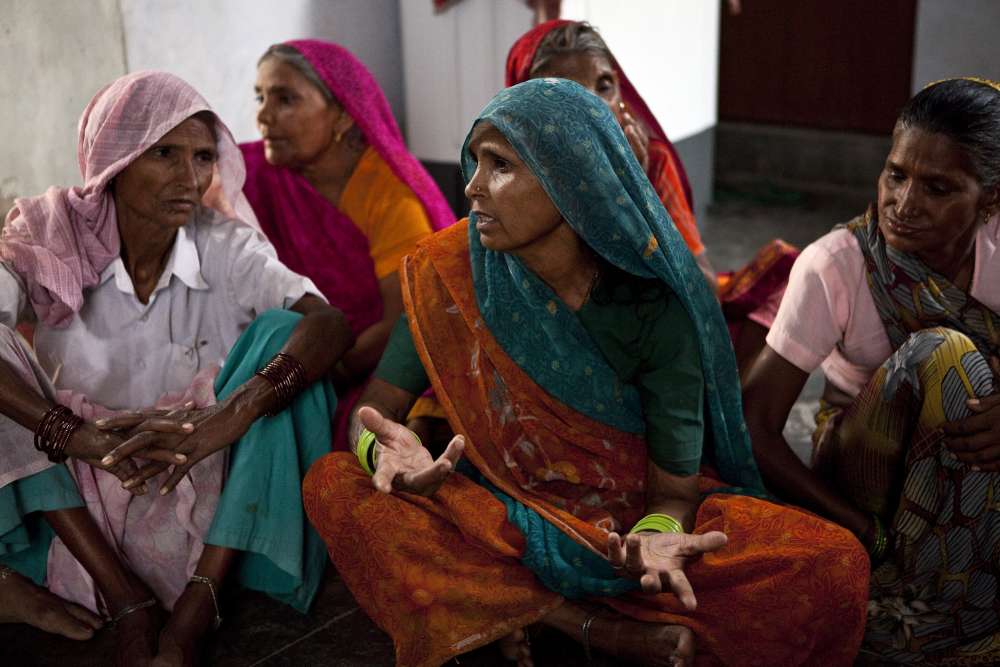Academic Freedom in Brazil

Freedom of expression, freedom of thought, freedom to teach and to learn, and university autonomy are all rights protected by the constitution in Brazil. But a closer look at the state of academic freedom in the country reveals that these constitutional rights are under threat. In recent years, the political climate has strained ideas and ideologies, and Brazil’s deeply polarized politics have aggravated pre-existing problems in the regulation and governance of higher education.
Top-down measures from the Brazilian government, administered through legal, institutional channels and combined with constant discursive attacks, have created an increasingly hostile environment for academics, who constitute a significant opposition group to the federal government. Threats to academic freedom include significant budget cuts and freezes; judicial orders censoring political debates on campuses; reporting channels for political and ideological complaints; new laws and interpretations affecting institutional governance; and false statements about the academic community and scholarship as a whole. Resonating with and amplifying some of these threats, certain groups made up of both academics and non-academics have accused universities of promoting leftist “indoctrination” and are pushing for restrictions on certain content in curricula and classes.
Thus far, scholars have successfully resisted certain key measures through publications, networking and advocacy. However, graver threats to academia seem to be underway in recently inaugurated government measures to increase institutional control over universities. Today, the efficacy of constitutional protections of academic freedom depends in large part on judicial decisions – and consequently suffers from the weariness of the courts – as well as on constant civil society mobilization.
This study was written on the basis of new research guidelines for country case studies on academic freedom developed as part of GPPi’s project on academic freedom assessments around the world. The authors are members of the Brazil-based Center for the Analysis of Liberty and Authoritarianism (LAUT). The research guidelines serve to inspire qualitative studies describing the current state of academic freedom and recent developments in individual countries and will soon be available for anyone to use as a template. The case studies are complemented by a global time-series dataset with five indicators of academic freedom and an Academic Freedom Index, developed by GPPi in partnership with the V‑Dem Institute, Friedrich-Alexander-University at Erlangen-Nürnberg, and Scholars at Risk.
The full study is available for download.
This study is part of the larger GPPi project on the state of academic freedom across the globe, and will be included in a forthcoming book alongside other country case studies and the underlying research guidelines. Learn more about the Academic Freedom project.







